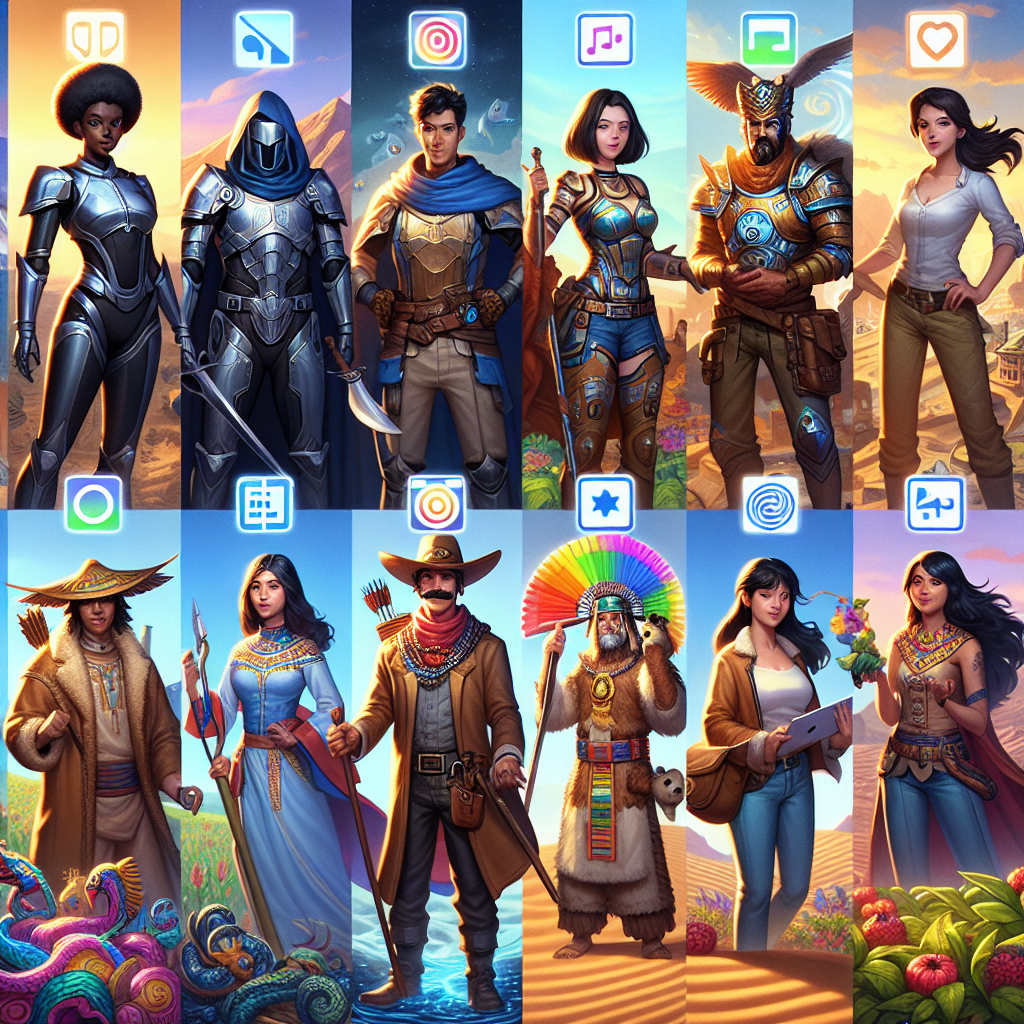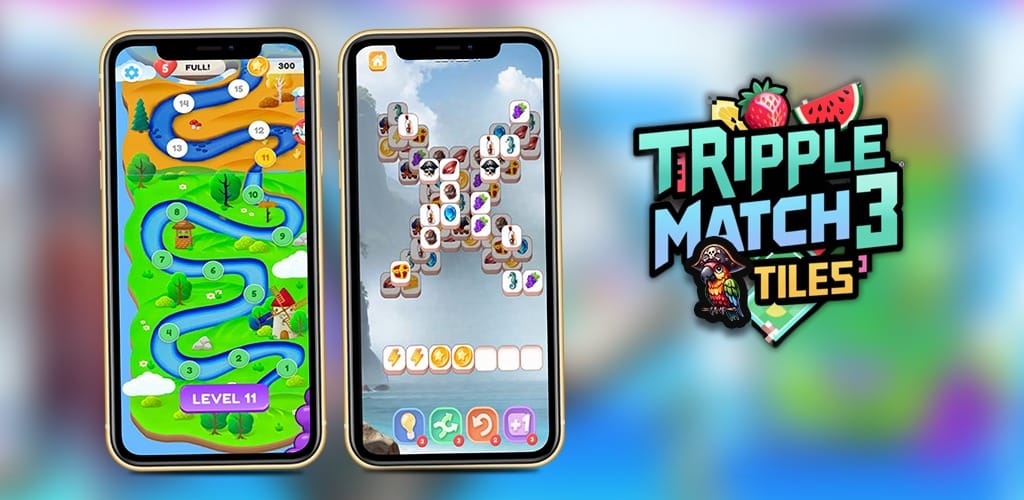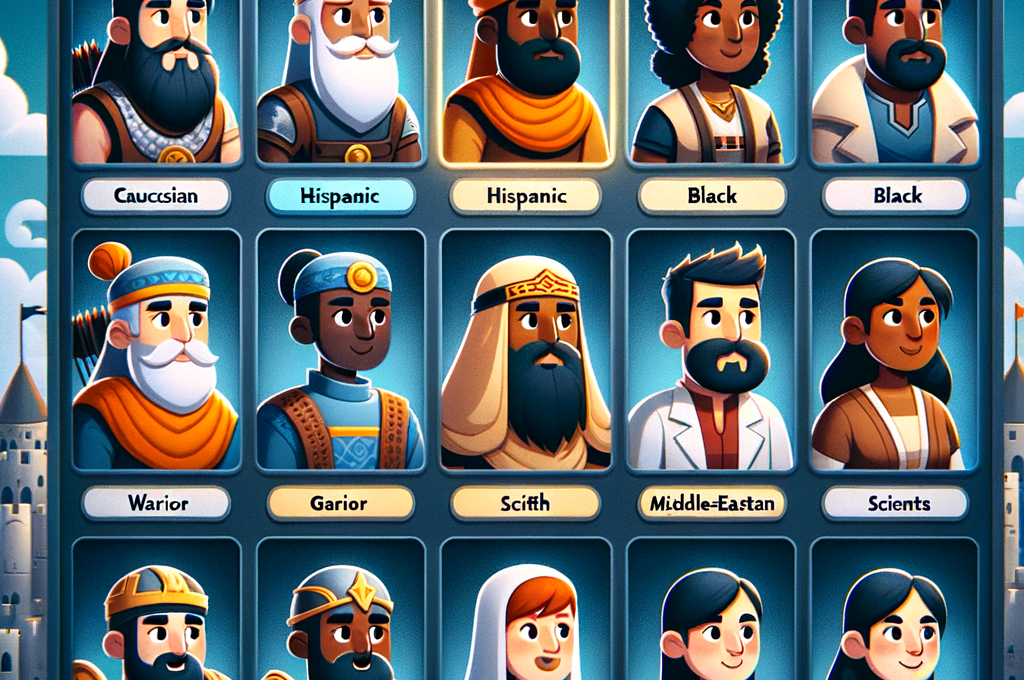
Mobile gaming has become a global phenomenon, with millions of players engaging in various games daily. As the industry grows, so does the importance of cultural representation within these games. Diversity in characters and themes not only enriches the gaming experience but also promotes inclusivity and understanding among players from different backgrounds. This article explores the current state of cultural representation in mobile gaming, highlighting the progress made and the challenges that remain.
The Importance of Cultural Representation in Mobile Gaming
Cultural representation in mobile gaming is crucial for several reasons. Firstly, it allows players to see themselves reflected in the games they play, fostering a sense of belonging and validation. Secondly, it educates players about different cultures, promoting empathy and reducing stereotypes. Lastly, diverse representation can drive the industry forward by appealing to a broader audience, ultimately leading to increased revenue and growth.
Progress in Character Diversity
In recent years, there has been a noticeable shift towards more diverse characters in mobile games. Developers are increasingly aware of the need to represent various ethnicities, genders, and sexual orientations. Some notable examples include:
- AFK Arena: This popular mobile RPG features a wide range of characters from different cultural backgrounds, each with unique abilities and stories.
- Genshin Impact: This game has been praised for its diverse cast of characters, including those from different ethnicities and regions.
- Choices: Stories You Play: This interactive story game allows players to customize their characters, including their appearance and sexual orientation, providing a more inclusive experience.
These examples demonstrate that developers are making strides in creating more inclusive and representative games. However, there is still much work to be done to ensure that all players feel seen and valued.
Challenges in Achieving True Diversity
Despite the progress made, several challenges remain in achieving true diversity in mobile gaming. One significant issue is the underrepresentation of certain groups, such as people with disabilities and older adults. Additionally, cultural stereotypes and tokenism can undermine efforts to create genuinely inclusive games. For instance, characters from certain ethnic backgrounds may be portrayed in a stereotypical manner, reinforcing harmful biases.
Another challenge is the lack of diversity among game developers themselves. A 2021 survey by the International Game Developers Association (IGDA) found that only 2% of game developers identified as Black, and 7% as Hispanic or Latino. This lack of representation within the industry can lead to a narrow perspective on what constitutes diverse and inclusive content.
Case Studies: Successful Representation in Mobile Games
Several mobile games have successfully incorporated diverse characters and themes, setting a positive example for the industry. Here are two notable case studies:
Case Study 1: Florence
Florence is a critically acclaimed mobile game that tells the story of a young woman navigating love and life. The game features a diverse cast of characters and explores themes of cultural identity and personal growth. Florence has been praised for its authentic representation of a multicultural experience, resonating with players worldwide.
Case Study 2: Liyla and the Shadows of War
Liyla and the Shadows of War is a mobile game that sheds light on the experiences of civilians in conflict zones. The game follows a Palestinian girl named Liyla as she navigates the dangers of war. By focusing on a rarely represented perspective, the game raises awareness about the human impact of conflict and promotes empathy among players.
The Role of Players in Promoting Diversity
Players also play a crucial role in promoting diversity in mobile gaming. By supporting games that feature diverse characters and themes, players can signal to developers that there is a demand for inclusive content. Additionally, players can use social media and online forums to advocate for better representation and hold developers accountable for their portrayals of different cultures.
Moreover, players can educate themselves about the importance of cultural representation and challenge their own biases. By doing so, they contribute to a more inclusive gaming community that values diversity and promotes understanding.
Conclusion
In conclusion, cultural representation in mobile gaming is essential for creating an inclusive and enriching experience for all players. While progress has been made in recent years, challenges remain in achieving true diversity. By highlighting successful examples and advocating for better representation, both developers and players can work together to create a more inclusive gaming industry. Ultimately, diverse characters and themes not only enhance the gaming experience but also promote empathy and understanding among players from different backgrounds.
Question and Answer Section
Q: Why is cultural representation important in mobile gaming?
A: Cultural representation is important because it allows players to see themselves reflected in the games they play, educates players about different cultures, and promotes empathy and understanding. It also helps to drive the industry forward by appealing to a broader audience.
Q: What are some examples of mobile games with diverse characters?
A: Some examples include AFK Arena, Genshin Impact, and Choices: Stories You Play. These games feature characters from various cultural backgrounds and allow for customization to create a more inclusive experience.
Q: What challenges remain in achieving true diversity in mobile gaming?
A: Challenges include the underrepresentation of certain groups, cultural stereotypes, tokenism, and the lack of diversity among game developers. These issues can undermine efforts to create genuinely inclusive games.
Q: How can players promote diversity in mobile gaming?
A: Players can support games with diverse characters and themes, use social media to advocate for better representation, and educate themselves about the importance of cultural representation. By doing so, they contribute to a more inclusive gaming community.
















